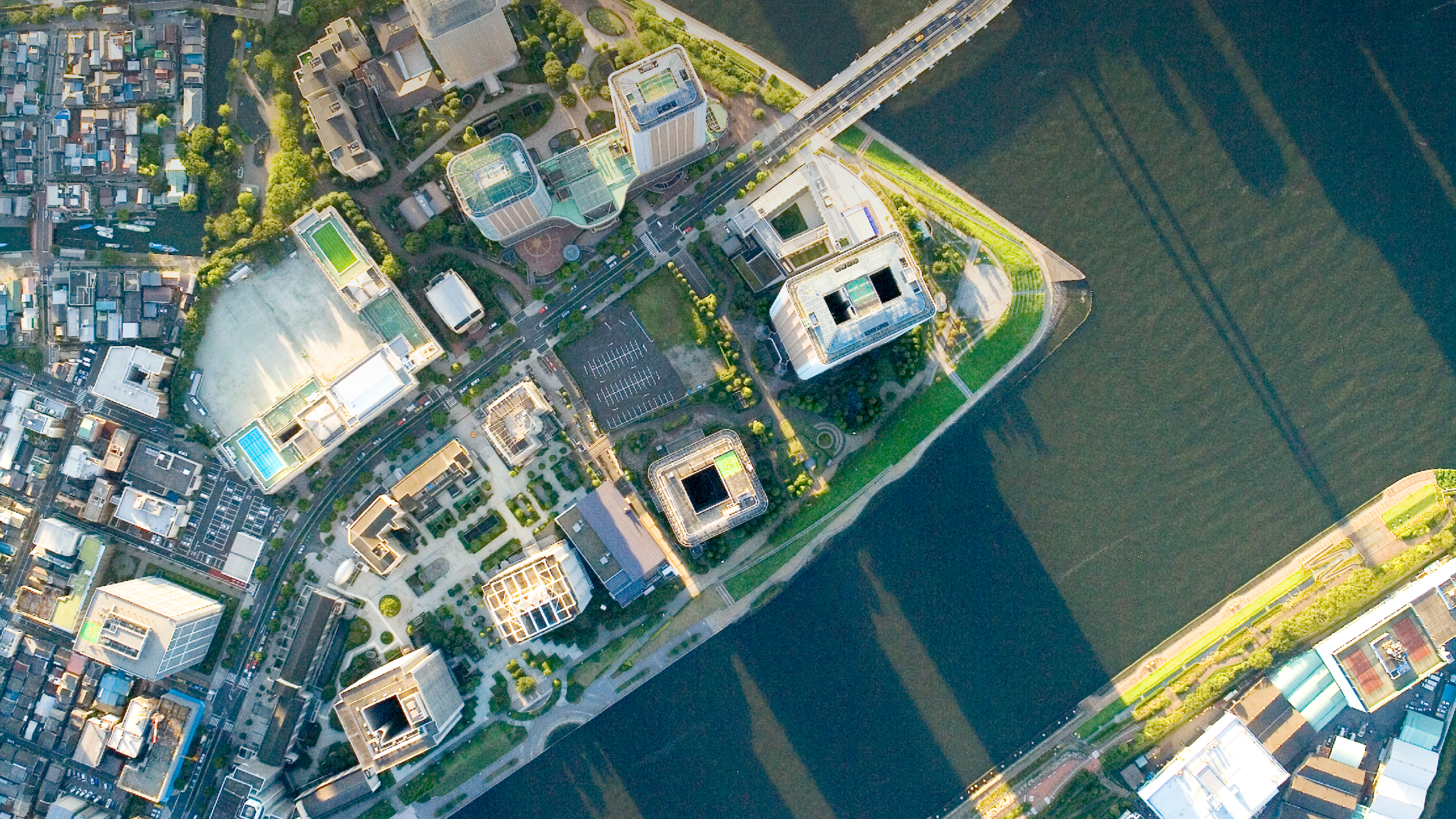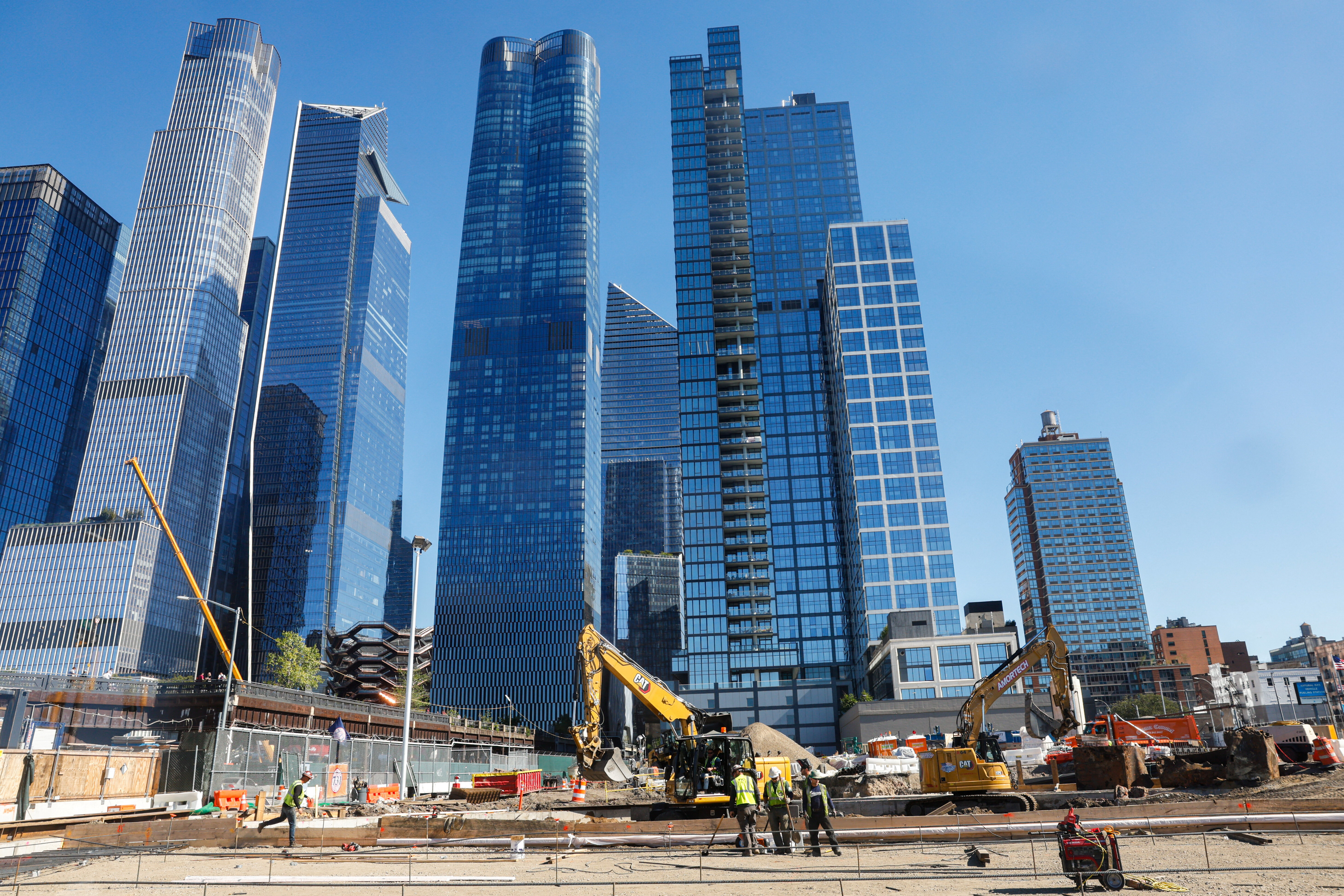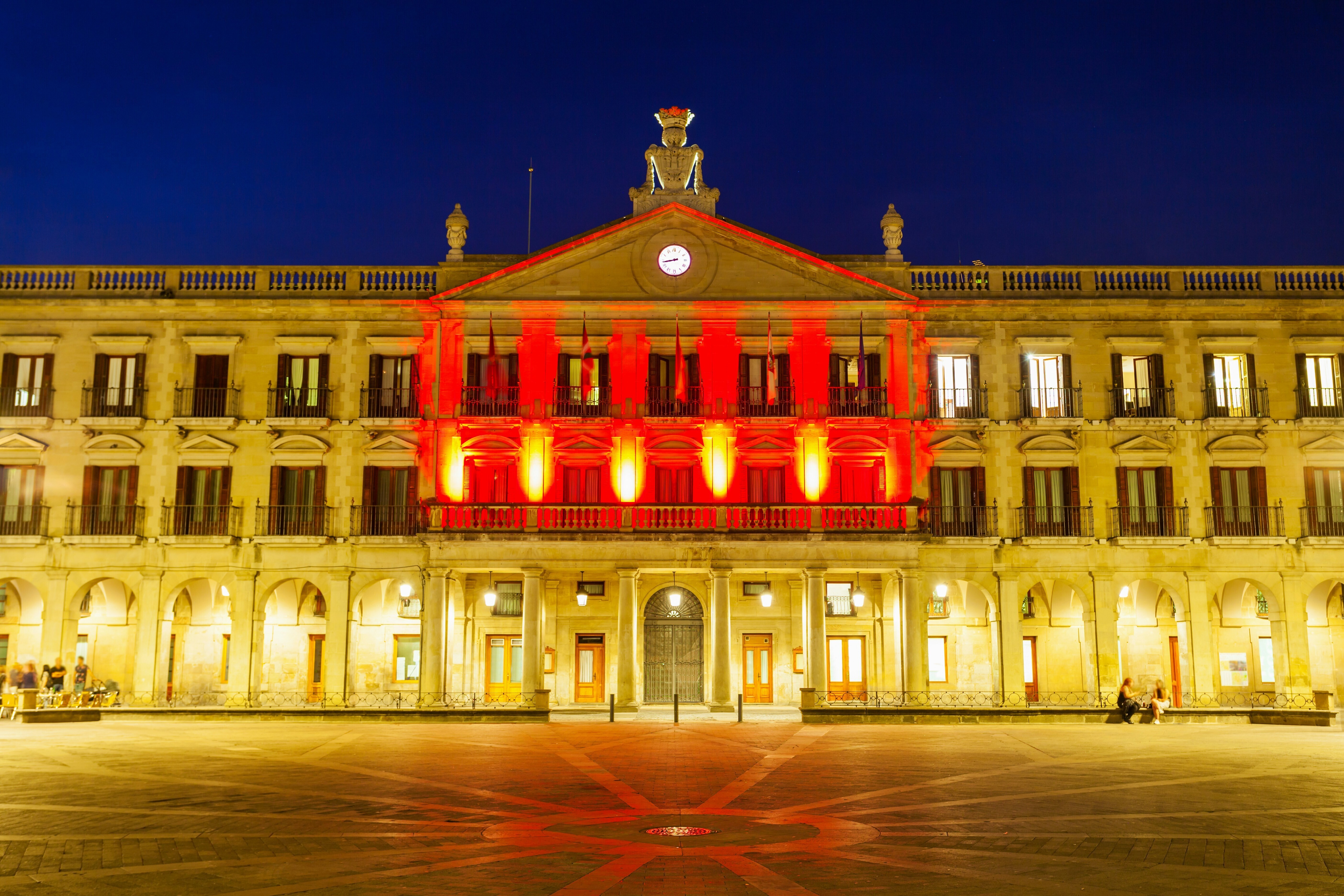Residents of this Dutch neighborhood could share a pool of cars and bikes

More cyclists means a healthier population and less air pollution. Image: Unsplash/sabina fratila
- A new city center development in the Netherlands could go nearly car-free.
- Residents in this district will share a pool of cars and bicycles. There will be 3 private car parking spaces planned for every 10 houses.
- More cyclists can mean a healthier population, fewer long-term rider casualties and less air pollution, studies show.
One Netherlands city is rethinking urban living, moving from private cars parked out front individual homes to a community built for pedestrians and two-wheeled travel.
The nearly car-free neighbourhood is planned for Utrecht and will have little place – or space – for privately owned vehicles.
Called Merwede, the proposed development will transform an industrial area of the city centre into a model of sustainable living, where walls and courtyards come alive with greenery and solar panels cover rooftops.
Everything residents need will be available within walking distance, or reachable by bicycle along a network of cycle routes linking different parts of the district with the city centre.
The area will have good public transport links, allowing residents to travel long distances and connect with other parts of the country and beyond.
Away from Merwede’s heart, garage parking will be available for private vehicles, but there will only be about three spaces for every 10 households, 300 of which will be for shared cars.
Emergency services will be able to access the streets but the district’s heart will be a no-go zone for cars.
How is the World Economic Forum supporting the development of cities and communities globally?
Boosting public health, safety
Cycling can lead to a number of public health benefits, research shows. In addition to reducing pollution, cycling regularly helps to reduce stress and lower the risk of chronic conditions like heart disease, type 2 diabetes and strokes.
Bike-friendly communities can also increase safety for cyclists. An OECD Cycle Safety report found higher levels of awareness in places with large numbers of bike users, cycle paths and supporting infrastructure.
Investing in infrastructure
Still, without investment in infrastructure, the “safety in numbers” idea can vanish. Both drivers and cyclists must adapt to a surge in bike users, the OECD report found, or cycling fatalities will increase with the number of cyclists.
Safety levels differ from country to country and from city to city. The Global Bicycle Cities Index 2019 highlights the most cycle-friendly cities. European centres like Utrecht, Munster in Germany and Antwerp in Belgium, lead the way by building dedicated bike infrastructure, creating bike-sharing schemes and holding no-car days.

Merwede's cyclists will have an advantage as Utrecht is already a cyclist’s haven. Dedicated routes, run in, out, and around the city, and are widely used. About 60% of visitors to the city centre get there by bike and the city is home to the world’s largest bicycle parking garage.
If the proposal goes through, Merwede won’t be the only city built with cycling in mind. Other cities, such as Amsterdam, have also invested in cycling infrastructure to encourage people to cycle.
With the right planning, more cycle-friendly cities can lead to healthier people, fewer rider casualties and improved air quality, changes that are good for riders, their communities and the environment.
Don't miss any update on this topic
Create a free account and access your personalized content collection with our latest publications and analyses.
License and Republishing
World Economic Forum articles may be republished in accordance with the Creative Commons Attribution-NonCommercial-NoDerivatives 4.0 International Public License, and in accordance with our Terms of Use.
The views expressed in this article are those of the author alone and not the World Economic Forum.
Stay up to date:
Netherlands
Related topics:
Forum Stories newsletter
Bringing you weekly curated insights and analysis on the global issues that matter.








